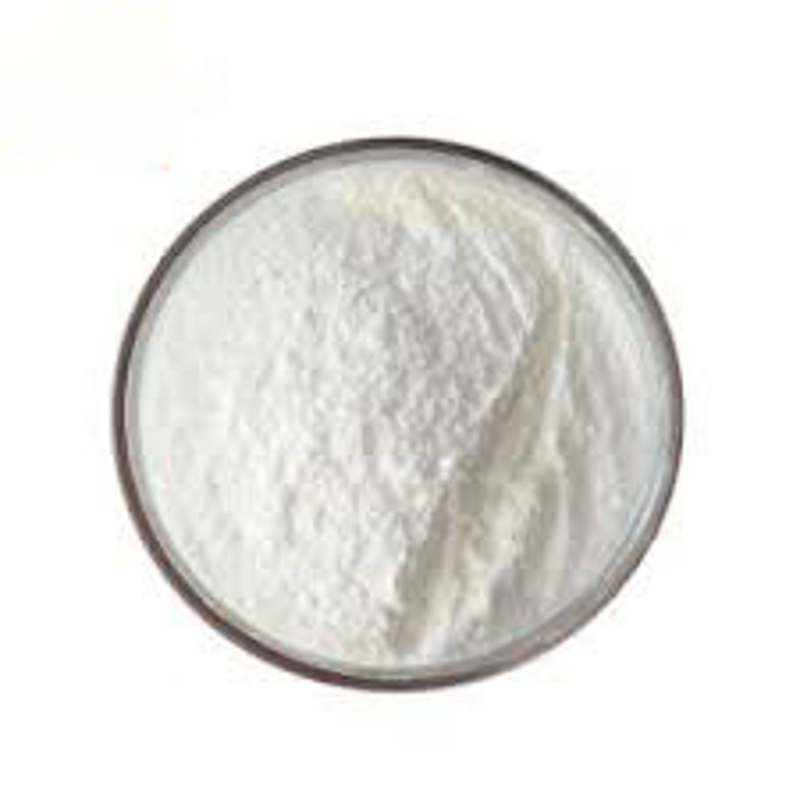Science: the origin of aspirin? Discover the molecular mechanism of salicylic acid synthesis in plants!
-
Last Update: 2019-08-19
-
Source: Internet
-
Author: User
Search more information of high quality chemicals, good prices and reliable suppliers, visit
www.echemi.com
August 19, 2019 / BIOON / -- recently, in a research report published in science, a famous international magazine, scientists from the University of Gottingen and other institutions in Germany clarified the molecular mechanism of salicylic acid synthesis in plants through research For thousands of years, people have been very aware of the analgesic effect of salicylic acid (now sold as aspirin); in addition to being a drug with many health effects, salicylic acid is also a stress hormone secreted by plants, which can help plants effectively resist the invasion of pathogens Photo source: Daniel L ü dke shows his colleagues the results of the microscopic evolution researchers have not known the molecular mechanism of salicylic acid production in plants for a long time; in this study, researchers uncovered the biosynthesis mechanism of salicylic acid, a key plant hormone As early as the Neanderthal era, people began to chew bark containing salicylic acid from my treatment In the 1920s, the first chemical extraction of salicylic acid was carried out, while the modified version of salicylic acid has been sold in the form of aspirin for more than 120 years, but no one knows how the plants are synthesized 20 years ago, researchers studied and identified the plant Arabidopsis The first gene involved in salicylic acid synthesis, since then, many research teams have tried to find the missing steps in the process of salicylic acid synthesis In this study, researcher dmitrij Rekhter et al Found a way to use a special Arabidopsis plant isolated from the laboratory of Zhang, a researcher at the University of British Columbia, which contains a very high level of salicylic acid The researcher found that if the gene pbs3 (previously unknown function) was removed, the precursor of salicylic acid would accumulate in the plant In addition, the researcher also found that The mechanism of pbs3 gene product was elucidated Researchers rekhter said pbs3 can isobranched acids Acid) combines with glutamic acid, which leads to the formation of isochorismate-9-glutamate, a compound with unknown function This highly unstable substance can be automatically dissociated into salicylic acid and by-products It is very important to uncover the molecular mechanism of plant synthesis of salicylic acid In addition, the molecular path of plant synthesis of salicylic acid is applicable to the whole plant kingdom The researchers said that this study can not only promote scientists to understand the mechanism of plant synthesis of salicylic acid, but also provide new opportunities for the cultivation of crops with strong resistance to disease; the role of salicylic acid in helping plants effectively resist diseases is crucial for scientists to engage in basic research, such as the study of plant immune function Original sources: dmitrij rekhter, Daniel L ü dke, Yuli Ding, et al Isochorismate derived biosynthesis of the plant stress hormone sacral acid Science 02 Aug 2019: Vol 365, issue 6452, pp 498-502 doi: 10.1126/science.aaw1720
This article is an English version of an article which is originally in the Chinese language on echemi.com and is provided for information purposes only.
This website makes no representation or warranty of any kind, either expressed or implied, as to the accuracy, completeness ownership or reliability of
the article or any translations thereof. If you have any concerns or complaints relating to the article, please send an email, providing a detailed
description of the concern or complaint, to
service@echemi.com. A staff member will contact you within 5 working days. Once verified, infringing content
will be removed immediately.







